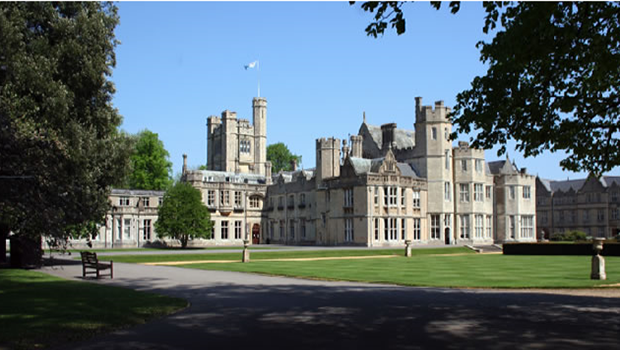Building on a season that culminated in promotion is one of the biggest challenges in English football. Statistics show that, as far as clubs promoted to the Premier League are concerned, for many it is a bridge too far.
Although a few exceptions exist to prove the rule, the possibility of survival in England’s top league is slim. Things are not much different in England’s second tier, and that is where AFC Bournemouth currently find themselves.
For a club so firmly rooted in the Bournemouth community, it has been a fantastic rise from financial uncertainty in League Two, to competing on a level playing field with former English football giants such as Nottingham Forest and Leeds United.
The clubs from the East Midlands and Yorkshire respectively have post-30,000 attendances that swamp Bournemouth’s Goldsands Stadium’s 12,000 capacity, recently expanded with the opening of the south stand named in honour of former player Ted MacDougall.
But on the pitch, Bournemouth are proving they deserve to be there. Eddie Howe’s return as manager from Burnley last season revitalised the club, and in his words, the feeling was mutual.
Eddie Howe’s return as manager from Burnley last season revitalised the club, and in his words, the feeling was mutual.
To take Leeds as an example, or a blueprint if you like, if not a foolproof one: when Leeds won their last top division title in 1992, the final season before the Premier League entered the consciousness, Bournemouth were a mid-table side in the old Third Division. Leeds also got their hands on the trophy in only their second season back in the top league.
Just over a decade later, as Leeds’ spiral into financial devastation was in full flow and they were sent into League One after a points reduction, Bournemouth just survived relegation in the equivalent division, but their future as a viable entity was also entering difficulties.
However in 2013, Leeds’ are making a realistic challenge on the path back to the Premier League, and Bournemouth are their footballing equals. Things can change rapidly in football.
Despite the history, the statistics, the hype, it is only when the action begins that a team can truly be judged. And in this respect, Bournemouth’s first season so far back in the second tier has been a revelation.
In American television, there is a popular muse about judging a new series after the fourth episode. Similarly, taking a sideways glance at the table at the end of November can be a useful exercise. And this year the table has started to take shape, contenders for the title are pulling away from the pack, and the stragglers at the bottom are self-evident. Bournemouth presently sit in neither camp but can be satisfied with their efforts so far in what promises to be a hard-fought league season.
I witnessed the curtain raising 2-1 victory against Charlton which, given the London club’s struggles this term, does not look so impressive in retrospect, but remains as a signal of intent: Bournemouth meant business but it would not be easy.
Missing out on the title in unique circumstances perhaps knocked Bournemouth, and the results in the next couple of weeks could perhaps have stemmed from disappointment about Brentford’s Marcello Trotta’s penalty miss denying them the silverware in addition to promotion.
After beating fellow south coast side Portsmouth in the League Cup, in-form Watford – losing play-off finalists in May – put six past Cherries keeper Ryan Allsop. And this was no freak result: Huddersfield fell only one short two weeks later, a result sandwiched by a narrow 1-0 against recently relegated Wigan Athletic. Bournemouth were fully aware of how hard the step up was.
Results since September have been mixed. Victories in matches with Barnsley (again 1-0) and the remarkable 5-2 turnaround from two goals down at Millwall were real highs for returning manager Eddie Howe and his men.
But in contrast they have also suffered home defeats to promotion-chasing Blackpool and mid-table Middlesbrough. Two away defeats by a 2-1 scoreline, against Leeds United and Leicester City at each end of October were disappointing.
But with a 1-1 draw with Nottingham Forest in a match with added spice after a preview in the Nottingham Post had dismissed Bournemouth’s chances, as well as the Millwall comeback, Bournemouth finished the third month of the season in 11th place in the table with 17 points, not a bad return in thirteen games for a promoted side.
Bournemouth’s story, along with Southampton riding high at the top of the Premier League, has added a feel good factor back to south coast football (Portsmouth are another matter, but their financial struggles are well documented and largely self-inflicted). The Cherries will hope that they are still on a high at the end of the season.
Time will tell.








